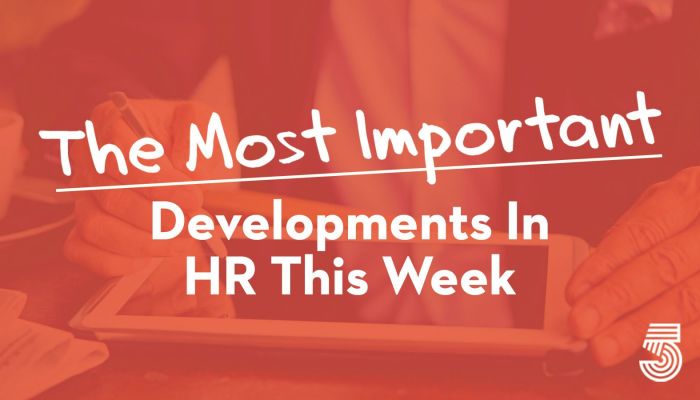The M.I.D., as we call it, is curated by our editorial team from more than 50 news sources. Like a lot of good ideas, this started as something I wanted for myself. If I can’t read everything, I at least want to stay abreast of the most important developments.
This week in HR, more CEOs joined the Great Resignation, MITSloan reported toxic culture is the main reason people are resigning, overqualified job candidates got a shout out, SHRM talked about sound DEI policies, and companies reacted to the SCOTUS reversal of the vax mandate.

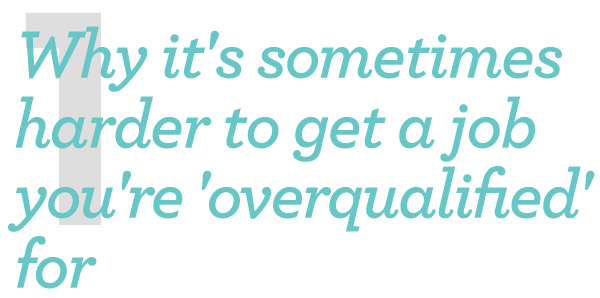
The prevailing belief is this: Don’t hire overqualified workers. They’ll be bored. They’ll be dissatisfied. They’re flight risks. But isn’t this for the candidate, not the company, to decide? Why are we comfortable believing there’s more satisfaction to be found in a job that consistently strains us past the limits of mental capacity, time, and stamina? Hasn’t the Great Resignation shown us that we can’t keep this pace? We assume natural paths travel upward. We’re so used to the vertical career climb that other rhythms feel suspect. At least now, the workforce is starting to recognize lateral career moves, but what about professionals who want to move down a peg — or two, or three? When I quit my job, I was not directionless. I was very clear about what I wanted: Room to breathe. And I was happy to take a pay cut to get it. In subsequent interviews, it wasn’t my skills that were questioned, but my motivation: Why in the world would you want the job you had six years ago? By weeding out overqualified workers early in the hiring process, employers are missing out on experienced, highly skilled workers who are certain about their professional goals. Fast Company

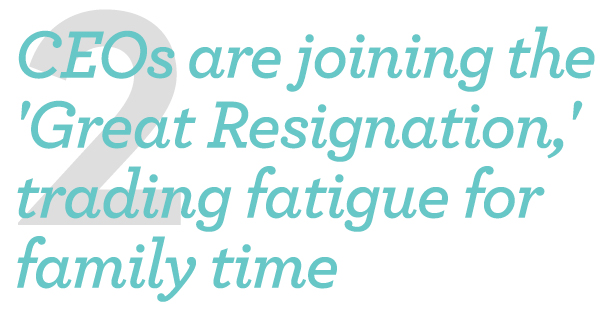
Corner office or not, everybody seemed to need a break after 2021. CEOs and other executives have spent the past two years juggling work-life balance like everyone else — and just like employees on lower rungs of the corporate ladder, a growing number are walking away. In February of 2020, job site ZipRecruiter.com found that there were an average of 22,072 active C-suite level job openings advertised across its network. That number plunged to a trough of 9,301 in May 2020 — and then started to climb, hitting 40,681 in October 2021. Julia Pollak, chief economist at ZipRecruiter, said a number of factors are prompting people to quit top jobs. “It’s many factors — the burnout, the pandemic, the school closures, the need to take stock of life,” she said. “It’s a whole wide range of shocks.” Top brass at some of America’s biggest and most well-known companies aren’t immune: Twitter co-founder Jack Dorsey announced he was stepping down as CEO in November. Jeff Bezos quit as Amazon’s CEO in July, Former Disney CEO and current chairman Bob Iger said he would depart the company at the end of 2021, and American Airlines CEO Doug Parker announced in December that he will retire in March. NBC News
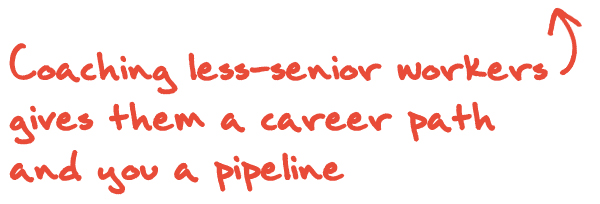
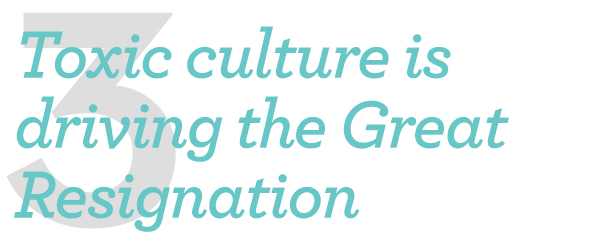
To better understand the sources of the Great Resignation and help leaders respond effectively, we analyzed 34 million online employee profiles to identify U.S. workers who left their employer for any reason (including quitting, retiring, or being laid off) between April and September 2021. The data, from Revelio Labs, enabled us to estimate company-level attrition rates for the Culture 500, a sample of large, mainly for-profit companies that together employ nearly one-quarter of the private-sector workforce in the United States. Much of the media discussion about the Great Resignation has focused on employee dissatisfaction with wages. How frequently and positively employees mentioned compensation, however, ranks 16th among all topics in terms of predicting employee turnover. This result is consistent with a large body of evidence that pay has only a moderate impact on employee turnover. In general, corporate culture is a much more reliable predictor of industry-adjusted attrition than how employees assess their compensation. A toxic corporate culture, for example, is 10.4 times more powerful than compensation in predicting a company’s attrition rate compared with its industry. MIT Sloan

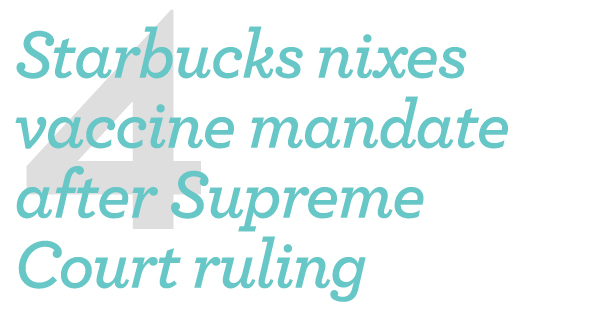
Starbucks is no longer requiring its U.S. workers to be vaccinated against COVID-19, reversing a plan it announced earlier this month. In a memo sent Tuesday to employees, the Seattle coffee giant said it was responding to last week’s ruling by the U.S. Supreme Court. In a 6-3 vote, the court rejected the Biden administration’s plan to require vaccines or regular COVID testing at companies with more than 100 workers. Starbucks’ reversal is among the most high-profile corporate actions in response to the Supreme Court ruling. The company employs 228,000 people in the U.S. But other companies have kept their mandates in place. Citigroup Inc., one of the largest U.S. banks, announced in October that employees needed to be vaccinated or receive an accommodation by Jan. 14. New York-based Citi said Wednesday that 99% of its employees have complied so far. Work clothing maker Carhartt also stuck to its vaccine mandate. The Dearborn, Michigan-based company, which has 3,000 U.S. workers, told employees in an email last Friday that the Supreme Court decision wouldn’t impact its own mandate, which went into effect this month. ABC News

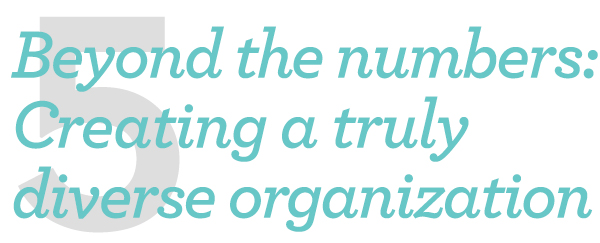
Experts in diversity, equity and inclusion (DE&I) agree that the long-term success and sustainability of a DE&I initiative depends on an organization’s ability to create an environment in which everyone’s voice is heard and every employee is treated fairly and with respect.To be sure, achieving a truly equitable and inclusive culture has many challenges. Perhaps the most common is the trap of tokenism. When organizations make perfunctory or symbolic efforts to give the appearance of inclusiveness, employees (and candidates) from marginalized or underrepresented groups often perceive those efforts as performative and insincere. SHRM







